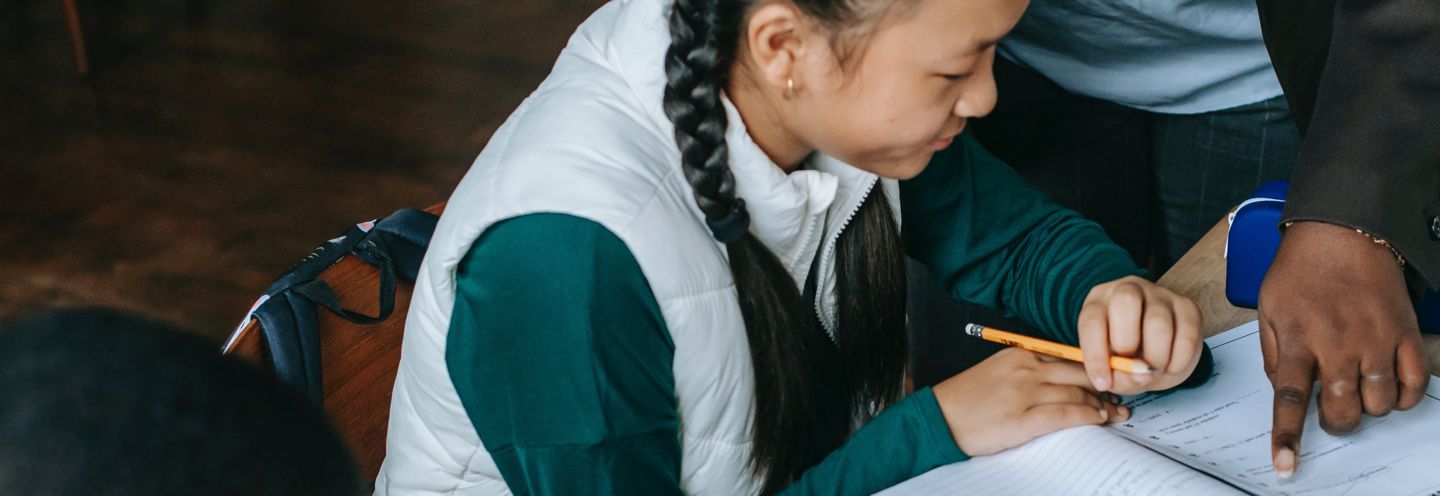Teacher Resources | 364 Results

Sexting is most likely to have negative consequences when the person sending the sext has been pressured into doing it.

As a parent, you may find some relief in learning that fewer youth take and send sexts (nude or semi-nude photos) than you may think. However, almost half of youth who have taken and sent a sext say

Students are introduced to Wikipedia, the user-edited online encyclopedia, and given an overview of its strengths and weaknesses as a research source.

In this lesson, students learn how media influence how we see the world and send intentional and unintentional messages.

In this lesson, students learn about media as a source of information, and how this information is presented from a particular point of view.

In this lesson, students learn how different media use different techniques to communicate meaning.

In this lesson, students explore the ways in which the media frame is used to tell stories.

In this lesson, children begin to think about basic concepts such as how audiences interpret meaning, and the constructed world of television and film.

This lesson is one of a five-part unit that provides teachers with ideas for teaching TV in the elementary classroom. In this lesson, students look at the equipment used to produce television and

This lesson plan explores the relationship between technology and the law by examining how the criminal law responds to technologically facilitated violence (TFV). Not only will it enhance students’

